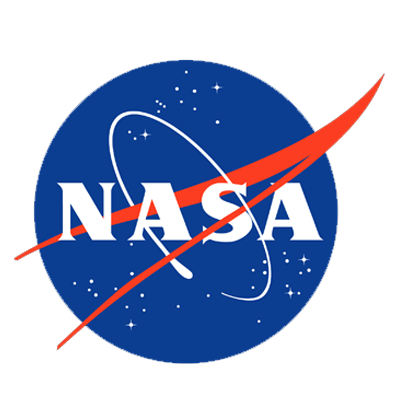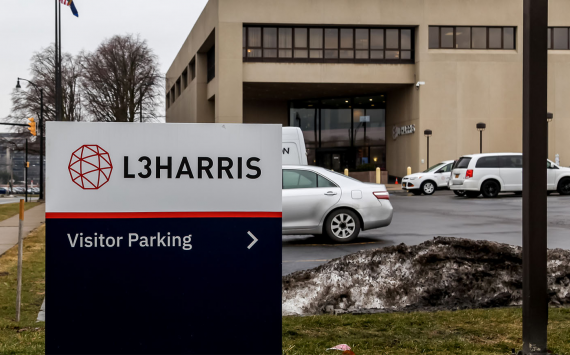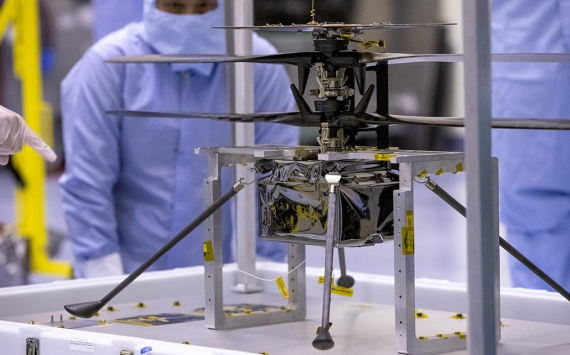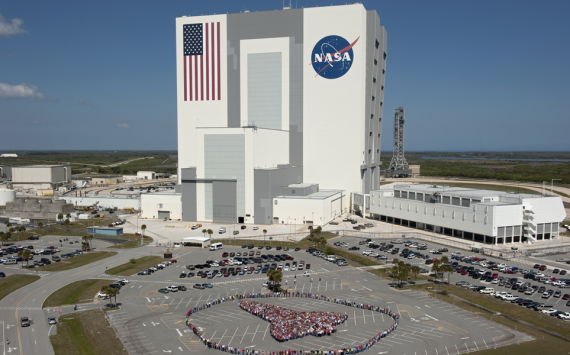Description
The National Aeronautics and Space Administration (NASA) is an independent agency of the U.S. federal government responsible for the civilian space program, as well as aeronautics and space research.
NASA was established in 1958, succeeding the National Advisory Committee for Aeronautics (NACA). The new agency was to have a distinctly civilian orientation, encouraging peaceful applications in space science. Since its establishment, most US space exploration efforts have been led by NASA, including the Apollo Moon landing missions, the Skylab space station, and later the Space Shuttle. NASA is supporting the International Space Station and is overseeing the development of the Orion spacecraft, the Space Launch System, and Commercial Crew vehicles. The agency is also responsible for the Launch Services Program, which provides oversight of launch operations and countdown management for uncrewed NASA launches.
NASA science is focused on better understanding Earth through the Earth Observing System; advancing heliophysics through the efforts of the Science Mission Directorate's Heliophysics Research Program; exploring bodies throughout the Solar System with advanced robotic spacecraft such as New Horizons; and researching astrophysics topics, such as the Big Bang, through the Great Observatories and associated programs.
NASA Advisory Council
In response to the Apollo 1 accident, which killed three astronauts in 1967, Congress directed NASA to form an Aerospace Safety Advisory Panel (ASAP) to advise the NASA Administrator on safety issues and hazards in NASA's aerospace programs. In the aftermath of the Shuttle Columbia disaster, Congress required that the ASAP submit an annual report to the NASA Administrator and to Congress. By 1971, NASA had also established the Space Program Advisory Council and the Research and Technology Advisory Council to provide the administrator with advisory committee support. In 1977, the latter two were combined to form the NASA Advisory Council (NAC).
The NASA Authorization Act of 2014 reaffirmed the importance of ASAP.







































